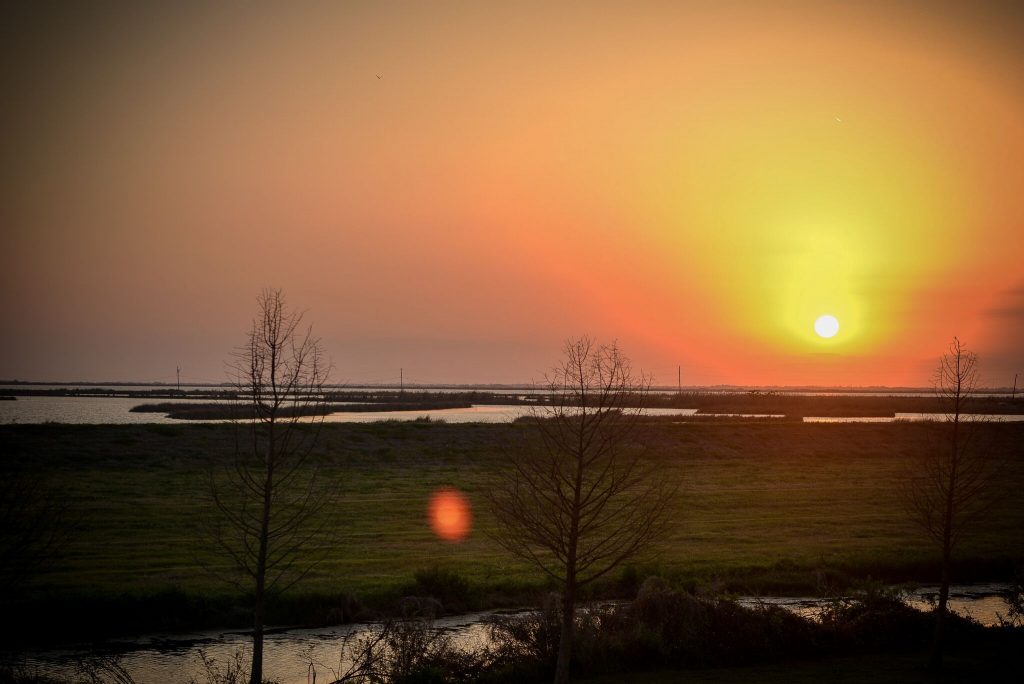Tag: Kiribati

Foghorn (A Call to Action!)
- Melissa Márquez is fundraising to participate in a women-in-science leadership retreat that culminates in a 2.5 week trip to Antarctica. Help her out! Or back her Patreon!
- The scandal-plagued, utterly ineffective, Scott Pruitt is out, just days after an American patriot told him exactly how she felt about him in a restaurant. Good.
Flotsam (what we’re obsessed with right now)
- Investing in indigenous communities is most efficient way to protect forests, report finds. This should surprise no one but it often does.
- Explore the deep waters around Kiribati with OpenExplorer!
The Levee (A featured project that emerged from Oceandotcomm)
- Virtual Reality Preserves Disappearing Land: Coastal communities are capturing their cultures and landscapes in virtual reality before sea level rise steals them for good.
- Where Did the Oil Go In the Gulf of Mexico? a storymap.

Foghorn (A Call to Action!)
- Yale study: Newspaper op-eds change minds and The Long-lasting Effects of Newspaper Op-Eds on Public Opinion. Scientists and conservationists, this May, make an effort to publish a Letter to the Editor or OpEd in your local paper.
Flotsam (what we’re obsessed with right now)
- The government of the Bahamas will ban plastic bags and other single use plastics by 2020!
- Are you listening to Offshore by Civil Beat? The current season on adoptions in the Marshall Islands is a gut punch.
The Levee (A featured project that emerged from Oceandotcomm)

#SciFund, a month long initiative to raise funds for a variety of scientific research projects, is once again upon us. Project leaders post a project description and an appeal for funds, and members of the public are invited to make small donations to projects that they deem worthy. Donations come with rewards such as access to … Read More “#SciFund Returns: Coping with stress: Coral reefs in Kiribati” »
Kiribati is perhaps one of the most remote countries in the world. Despite its distance from the sources of environmental degradation, it will probably be the very first country to be destroyed by climate change. Most of the country, a collection of small islands spanning an area almost as large as the United States, lies … Read More “Weekly dose of TED – Greg Stone: Saving the ocean one island at a time” »